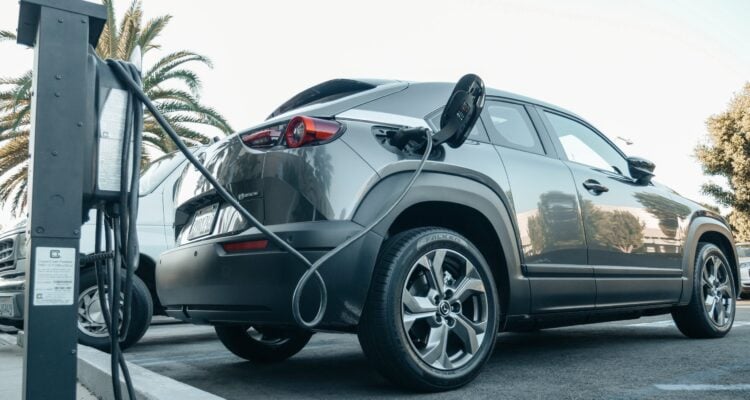The imposition of tariffs on electric vehicles emerged as a consequence of the UK’s decision to exit the EU, commonly known as Brexit. The departure resulted in a restructuring of trade agreements and regulations between the two entities, introducing complexities that impacted various industries, including the automotive sector.
One of the key challenges arising from Brexit was the need to establish new trade protocols, which included determining tariff rates on goods and services. Electric vehicles, being a rapidly growing sector with significant environmental implications, found themselves at the centre of discussions.
The original intent behind the imposition of tariffs was multifaceted. Firstly, it aimed to safeguard the interests of domestic automakers by ensuring a level playing field. Secondly, it sought to regulate the influx of foreign electric vehicles into the market, particularly from China, fostering the growth of the domestic EV industry.
Negotiations:
As the automotive industry undergoes a paradigm shift towards sustainable practices, both the EU and the UK recognise the strategic importance of fostering the electric vehicle market. The recent talks between the two parties indicate a willingness to reevaluate the tariffs on electric vehicles, acknowledging the broader benefits of promoting clean energy alternatives.
The potential agreement to delay tariffs on electric vehicles is a testament to the collaborative spirit necessary for addressing shared challenges. Both the EU and the UK are grappling with the imperative to balance economic interests with environmental sustainability, and this negotiation represents a step towards achieving that equilibrium.

Photo by Jay Pizzle
Key Points of Discussion:
- Economic Implications: The automotive industry plays a pivotal role in the economic landscape of both the EU and the UK. A harmonious resolution regarding tariffs on electric vehicles is expected to stimulate economic growth by fostering innovation and creating new employment opportunities.
- Environmental Considerations: Electric vehicles are pivotal in the global effort to combat climate change. Any agreement that promotes the growth of the electric vehicle market contributes directly to achieving carbon reduction targets and fostering a sustainable future.
- Global Competitiveness: The discussions on delaying tariffs underscore the recognition that in a rapidly evolving global market, collaboration is key. By working together, the EU and the UK can enhance their collective competitiveness in the electric vehicle sector on the global stage.
The imminent agreement to delay tariffs on electric vehicles between the EU and the UK represents a positive stride towards fostering collaboration in the post-Brexit era. As both parties navigate the complexities of redefined trade relations, addressing challenges in the electric vehicle sector serves as a testament to the shared commitment to economic growth and environmental sustainability. The outcome of these negotiations will not only impact the automotive industry but will also influence the trajectory of clean energy adoption, shaping the future of transportation on both regional and global scales.
Dominic Rowles, Head of Automotive at NTT DATA UK&I, said: “As ever, these are the unintended consequences of a noble idea. These tariffs were intended as a protectionist measure to defend the EU and UK markets against the influx of Chinese EVs, which have surprised the European Car Industry with their ability to launch multiple new EV brands into the market.
“However, these tariffs have ended up potentially having the opposite effect on our car industry, stopping us selling UK-assembled cars because of the location of a large proportion of the components. This was a stick, rather than a carrot, to persuade the EU/UK Original Equipment Manufacturers (OEMS) to invest more into local EV components production, but that turned out to be unrealistic.
“As we have found with other green initiatives, being forced into change by the regulatory environment when there isn’t an easy and cheap alternative is usually unsuccessful.”
Jon Lawes, Managing Director at Novuna Vehicle Solutions and MHC Mobility, comments: “If approved this breakthrough is a lifeline for the UK and European motor industry. The Rules of Origin tariffs have cast a long shadow over the switch to EVs in the UK and Europe. With UK EV registrations declining in November, the rules threatened to further hit vehicle production costs and dampen EV adoption.
“With the New Year’s cliff edge averted, the industry and policymakers on both sides of the Channel need to focus on scaling up domestic battery capacity and tackling the persistent charging infrastructure deficit to create a sustainable, competitive market for EVs.”



















